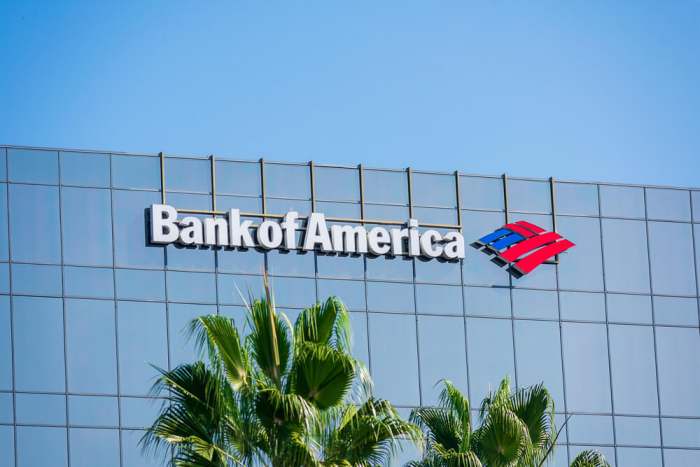
The concept of money is an odd one in today’s world, specifically because it is something we rarely touch. Everyone has a certain amount of money (or debt) and we tend to see it as a simple fact. You probably have an online checking account where you put your salary. But what if you tried to log into your online banking and the account was no longer there?
This is what happened to Christina Blanton, a Chicago woman, just before she needed crucial surgery for thyroid cancer. Blanton attempted to access her Bank of America account online and was given the message that her account was locked. Assuming that she’d entered her password incorrectly, she called Bank of America.
“I was transferred to multiple people and finally spoke to them and the young lady said ‘we decided to close your account,’” she told CBS 2.
It was eventually described as a ‘business decision’, with no further information given. Blanton was left with money in an account that no longer existed, simply because Bank of America had made an executive decision.
Christina Blanton’s story has a relatively happy ending. When CBS 2 reached out to Bank of America, the CEO personally apologized and reopened her bank account. However, that is far from reassuring for customers of Bank of America and any other major financial institution.
The problem is that it was all too easy for Bank of America to make it impossible for a loyal customer to access her money. For all intents and purposes, she did not have that money for that period of time. In theory, this could happen to anyone. Not everyone will be able to get a major news corporation to follow up for them.
Do we have an accountability problem?
It may seem like fear-mongering to talk about the possibility that people’s accounts will be closed willy-nilly. The reality is that this is extremely unlikely to happen and that you have recourse if it does. But unfortunately, while it’s unlikely, this kind of thing happens all the time to random Americans, and most do not have the resources to take proper action.
Consider the following scenarios:
- your insurer refuses to process your claim on the basis of unpaid premiums, but you’ve never missed a payment
- you open a line of credit but your lender takes double what they are supposed to
- your utilities bill comes and it’s in the thousands of dollars, based on more electricity usage than was humanly possible for one household
In all of those scenarios, you may be completely in the right. The insurer or lender or utilities firm have made errors. But because money has become so abstract, it can be difficult to trace. You may have all the evidence, but you rely on the company to set things right, and they can drag their feet or simply not respond. You end up out of pocket (or out of electricity) through no fault of your own.
There are stories like this common to all companies who hold our money or to whom we pay bills. If you’re a regular watcher of a show like Last Week Tonight with John Oliver, you’ll have seen many people left with very little recourse due to the power financial services providers hold over us because of the way our economy functions.
Even in the case of Christina Blanton, who months later managed to get access to her money again, no good reason was ever given and the months of strife could not be taken back.
There’s no easy solution to these problems. However, we should demand as much as possible from our institutions, and do our best not to give in simply because they seem to hold all the cards.









